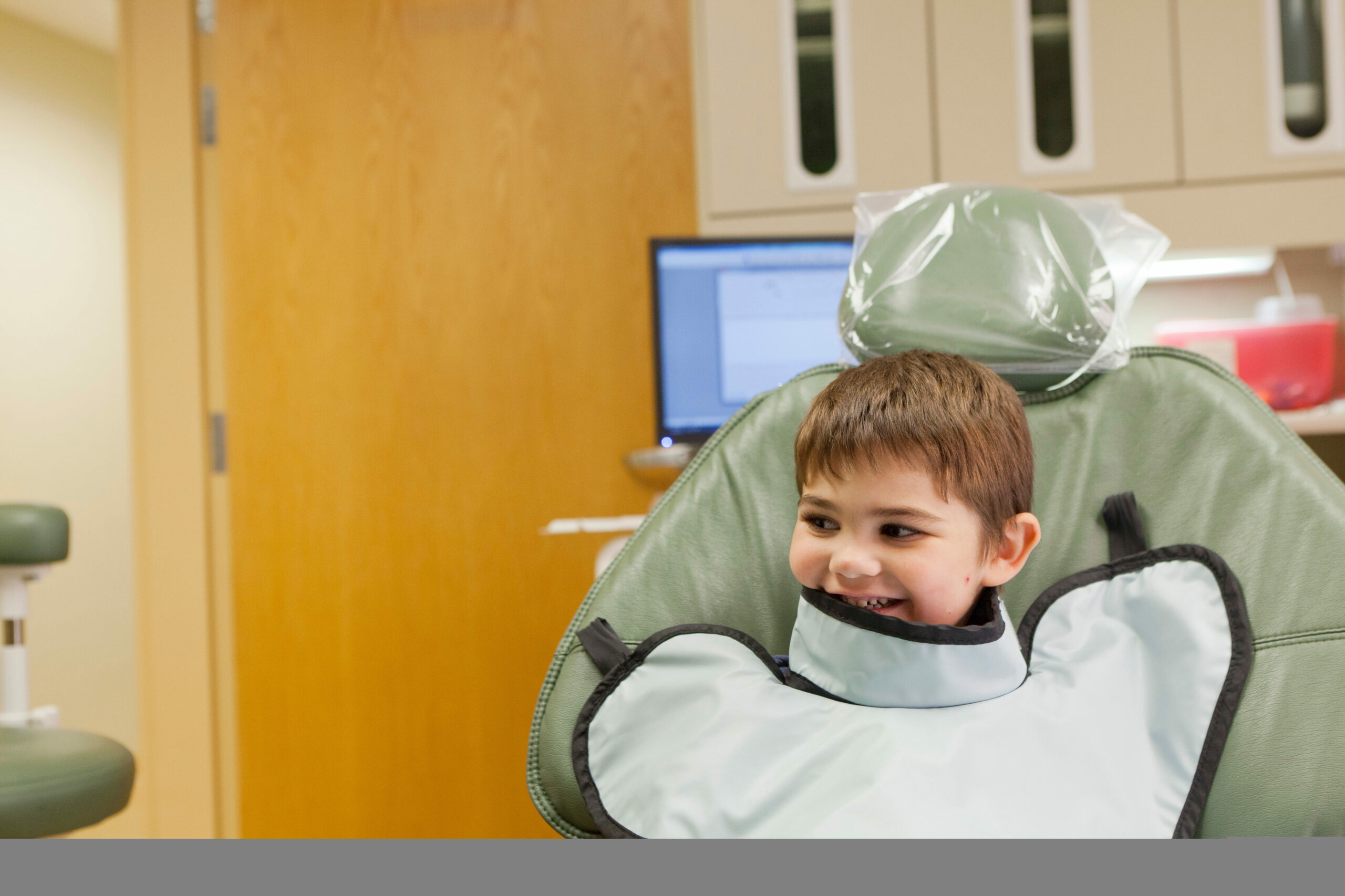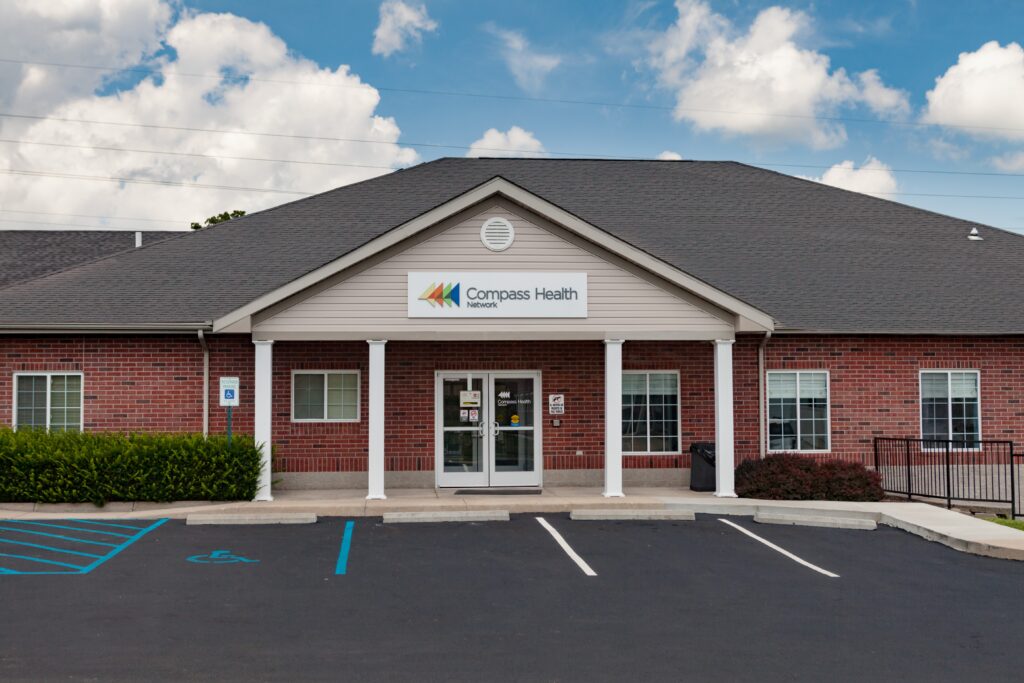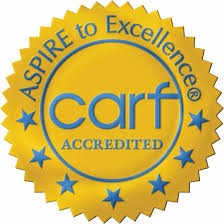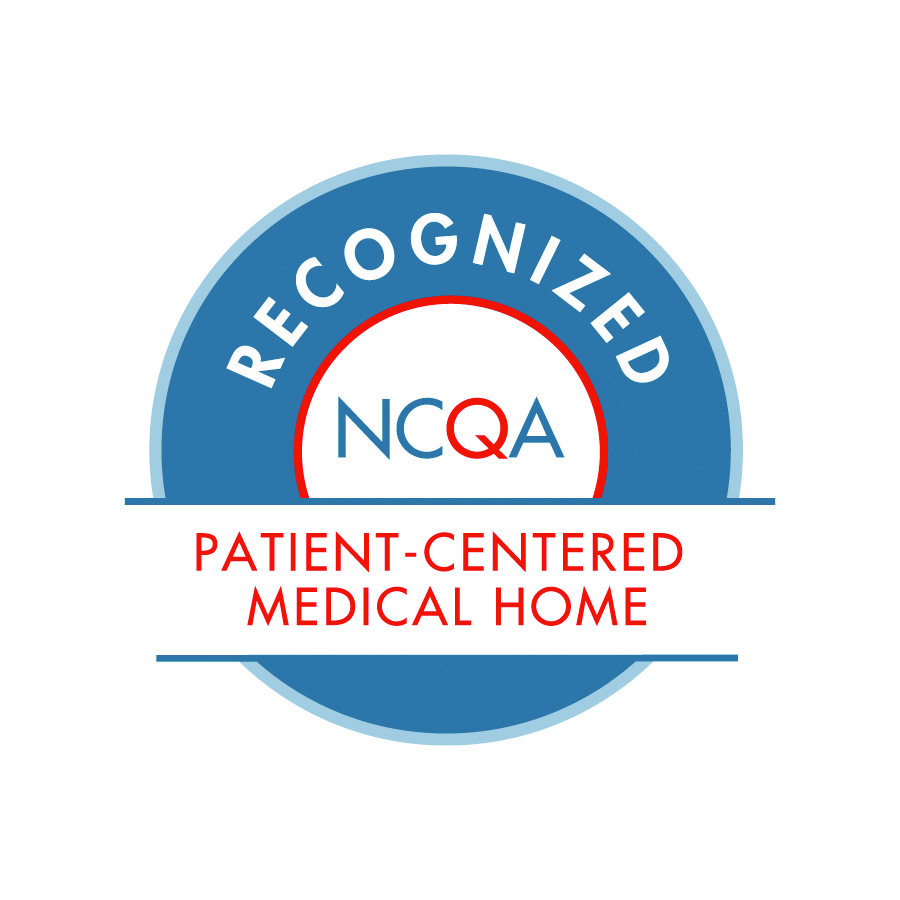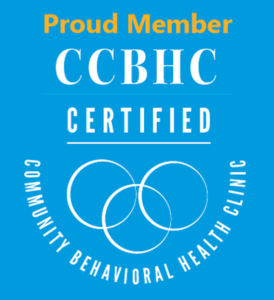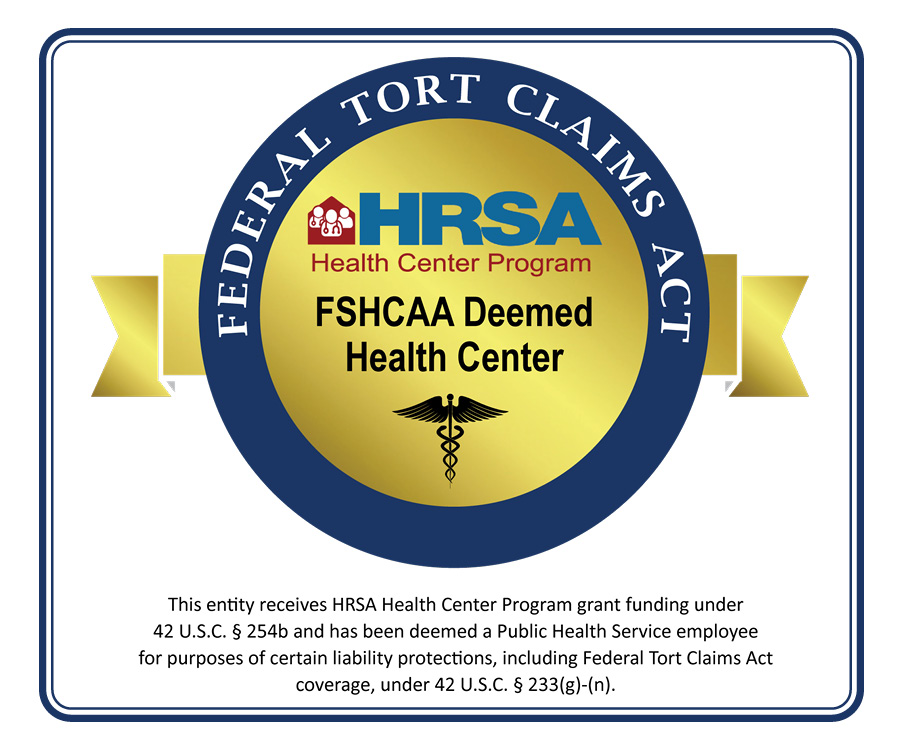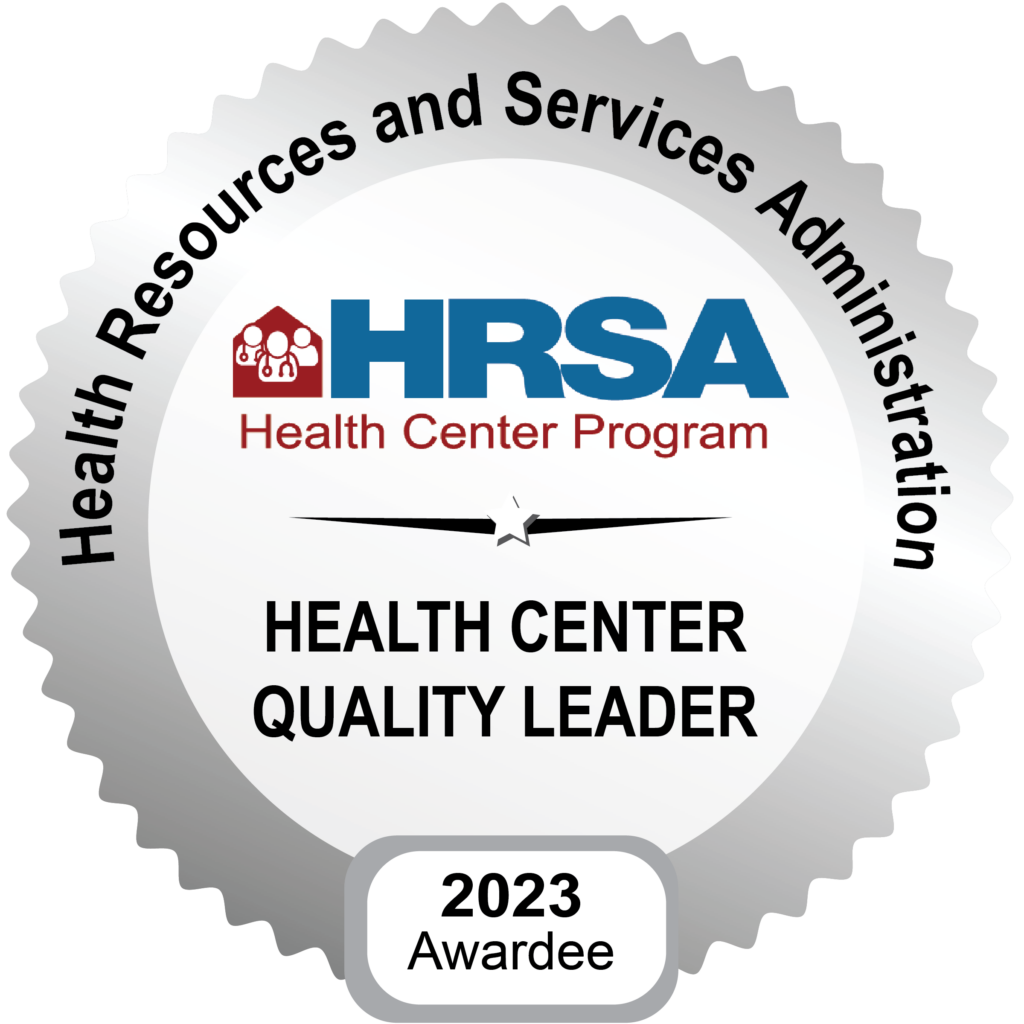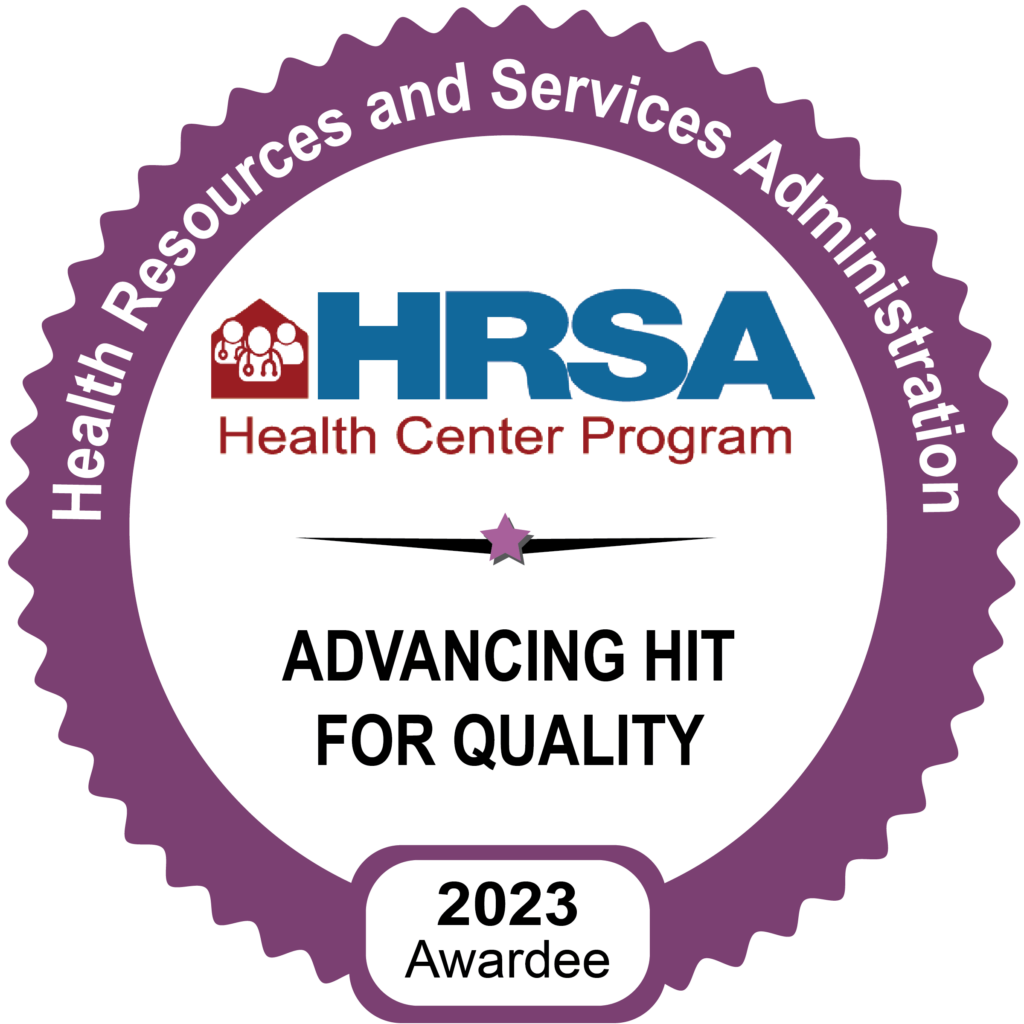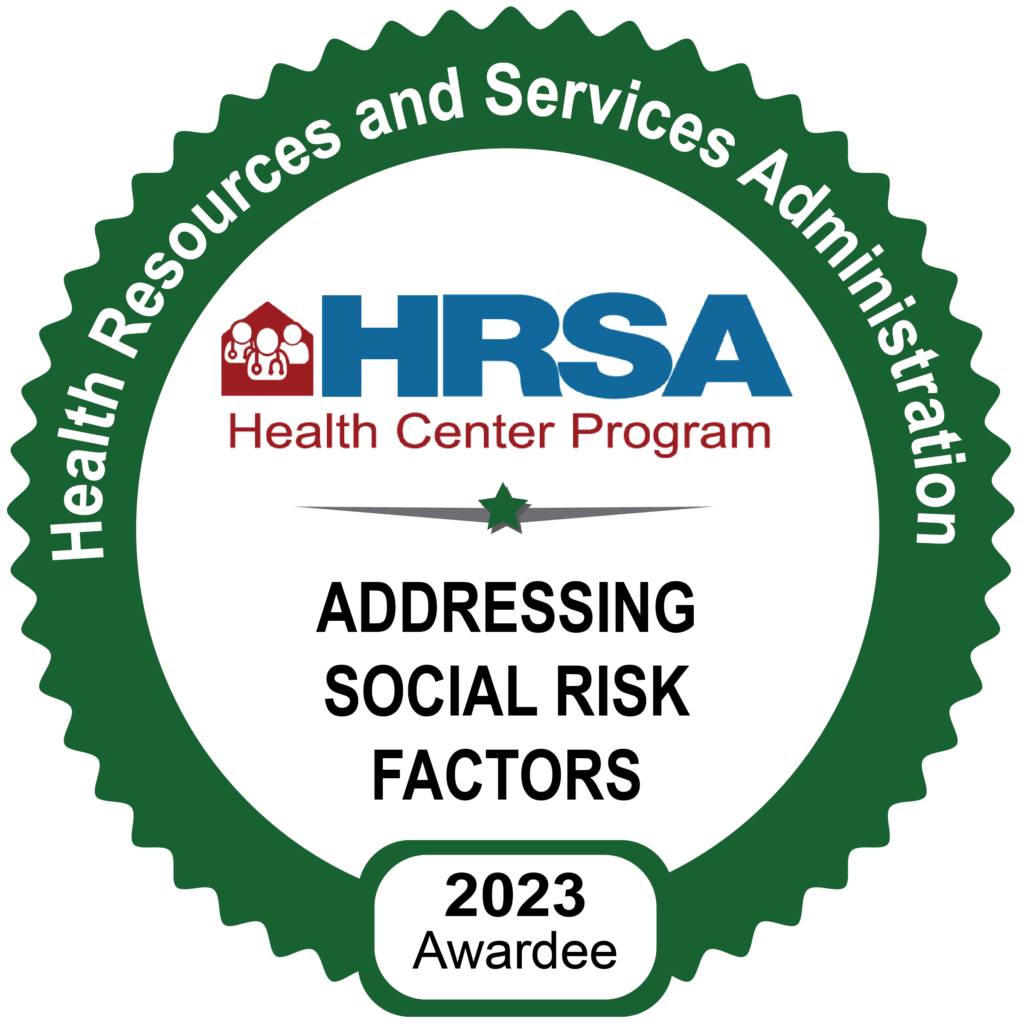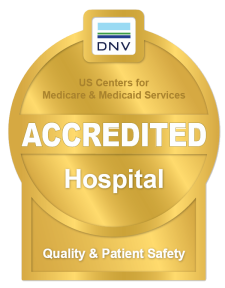NEW Compass Health Network Primary Care Patient Portal

Compass Health Network
We are Compass Health Network. Operating only from the highest ethical and professional standards, we provide access to innovative care designed to meet the health needs of the communities we serve. By earning the trust and respect of those we serve, we provide the promise of a better, healthier tomorrow that only an integrated, whole-person health organization can deliver.

ADAPT is now part of
Compass Health Network
Adapt is a Certified Community Mental Health Center that strives to provide client-focused quality care to those who seek to improve or address their behavioral health needs. Through high standards of customer care, Adapt focuses on empowering those whom we serve to address their service needs across all domains.
Community Support • Intake • Integrated Treatment for Co-occurring Disorders • Psychiatry and Therapy • Healthcare Home • Nursing Home Support • Outreach Program
IMPORTANT MEDICAID NEWS!
RENEWING YOUR BENEFITS
ENROLLING IN BENEFITS
APPOINTING AN AUTHORIZED REPRESENTATIVE
Behavioral Health
Dental Care
Pediatric and Family Medicine
Substance Use Disorder
988
National Suicide Prevention Line
CRISIS SUPPORT SERVICES
Trained professionals are available 24/7 to assist. (Para Español, por favor llame al (636) 445-7177)
Medical Crisis
911
If you are experiencing a medical crisisand need help right away because of an injury
or an immediate danger, please call 911.
Appointment Information
844-853-8937(Toll Free)
If you are in need of an appointment for any of our locations, please call 1-844-853-8937 (Toll Free).
Behavioral Health Crisis
988
If you are calling from an area codeoutside of MO please call 888-237-4567
(MO areas codes: 314, 636, 573, 660, 816, and 417)


